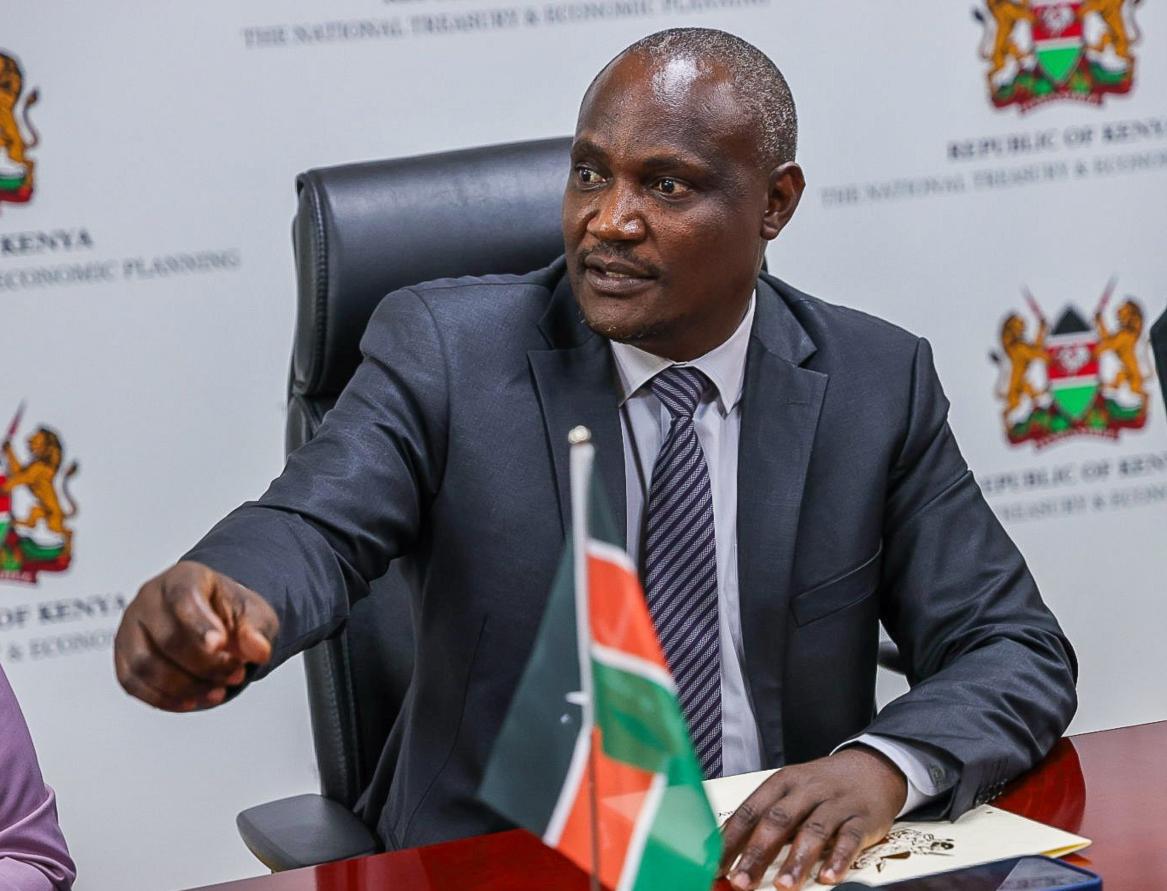

National Treasury Cabinet Secretary John Mbadi has hinted at compelling the Independent Electoral and Boundaries Commission (IEBC) to reuse ballot boxes and other materials procured for the 2022 General Elections as a cost-cutting measure in the upcoming by-elections and the 2027 polls.
He said ongoing budget constraints has forced the government to press all state agencies, including the IEBC, to cut costs and avoid unnecessary expenditures.
Kenya’s elections is among the most expensive on the continent and globally.
The country spent approximately Sh36 billion on its August 9, 2022 general elections, with the IEBC accounting for Sh34.5 billion in direct costs and the remainder in indirect expenditure
This means that for the IEBC, the 2022 election exercise that involved 22,120,258 registered voters, it spent about Ksh.2,000 per voter.
“There are things that you buy and you don't dispose immediately. Why do you buy them every election cycle? Every election cycle, you want new things. Even support boxes?” Mbadi posed, referencing reusable items such as ballot boxes and surveillance equipment.
“We’re asking tough questions. The IEBC must be efficient. The cost of elections in this country is simply too high.”
Mbadi cited a similar exercise undertaken with the Kenya National Examinations Council, where the ministry successfully slashed projected spending by nearly 50 per cent after rejecting an inflated procurement list.
Appearing before the Senate Standing Committee on Devolution and Intergovernmental Relations, the CS said a similar approach, is now being taken with the IEBC.
Mbadi’s proposal come at a time that a political showdown is looming as Kenya’s top political players prepare to face off in upcoming by-elections for 22 electoral positions—seen by many as an early test ahead of the 2027 General Election.
The mini polls will see contests for six National Assembly seats, one Senate seat, and 15 Member of County Assembly (MCA) positions.
Globally, India, with the world’s largest number of voters (910.5 million), as of 2022 spent an average of Sh1,000 for every voter, while the UK spent an average of Sh480 per voter during the two countries’ recent elections.













